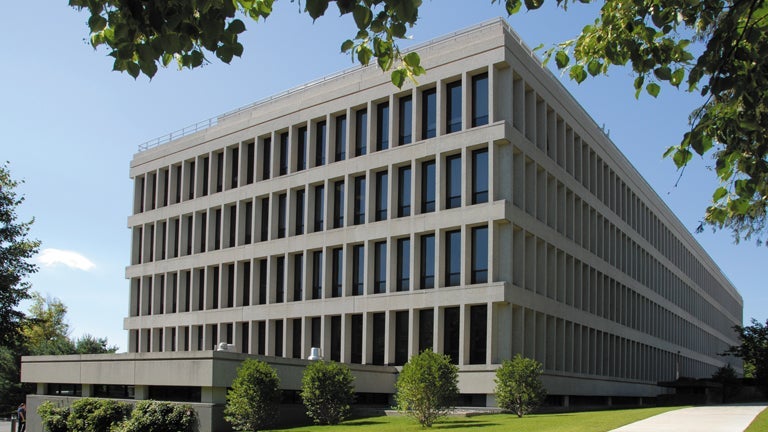Pelvic Floor Therapy
What is Pelvic Floor Therapy?
Pelvic floor therapy focuses on strengthening and relaxing the pelvic region of men and women that have become weak, tight, or spastic due to many circumstances. A therapist will perform an examination and determine which treatments are appropriate for your specific issue. These treatments may include:
- Pelvic floor exercises to increase strength in the muscles near the bladder
- Bladder retraining to assist with holding and releasing urine voluntarily
- Exercise to improve muscle strength, endurance, and functional mobility
- Dietary education to help identify food and beverages that aggravate the bladder, such as caffeine and alcohol
- Manual therapy to assist with painful areas and tight musculature
- Biofeedback to help train the pelvic muscles
- Electrical stimulation to help increase muscle strength and decrease symptoms of bladder irritability
What Causes Pelvic Issues?
- Bladder infection
- Childbirth/postpartum
- Interstitial cystitis
- Overactive muscles
- Pelvic floor weakness
- Diet
- Hormone changes
- Medication
- Nerve damage
- Pelvic surgeries
Pelvic Floor Therapy for Women:
Control Female Pelvic Pain & Incontinence
It is estimated that 20% of women experience pelvic pain at some point in their lives. Numerous studies have shown that the musculoskeletal system is often a major driver of pelvic pain in women; therefore, physical therapy plays a major role in the diagnosis and treatment of female pelvic pain. Urinary incontinence is defined as involuntary leakage and can include stress and/or urge. Urge incontinence is accompanied by a sudden, strong urge to urinate and can also impact frequency. Women can also experience stress incontinence, which is defined as involuntary leakage during physical exertion, coughing, or sneezing. Pelvic therapy can relieve these symptoms.
Control Postpartum Pelvic Pain & Incontinence
Women can experience a range of postpartum physical conditions due to the stress pregnancy puts on the body, including pain and incontinence. Postpartum pelvic pain can result from damage that can occur to pelvic muscles and tissues during both vaginal or caesarian childbirth. While some symptoms may develop during pregnancy, the delivery process can trigger additional postpartum symptoms. In addition, postpartum conditions can also include incontinence, especially during physical exertion like sneezing, jumping, or running. For some mothers, postpartum pelvic floor therapy can be effective in treating these symptoms.
Pelvic Floor Therapy for Men:
Control Male Pelvic Pain & Incontinence
Men who are experiencing pelvic pain and urinary issues should consider seeking treatment for their pelvic floor. Urinary incontinence is defined as involuntary leakage and can include stress and/or urge. Urge incontinence is accompanied by a sudden, strong urge to urinate and can also impact frequency. Men should also be aware of stress incontinence, which is defined as involuntary leakage during physical exertion, coughing, or sneezing. Both of these conditions, as well as pelvic pain, can be treated with physical therapy.
Call to Learn More About Pelvic Floor Therapy
To learn more about Pelvic Floor Therapy, call Little Falls Hospital’s Rehabilitation Department at (315) 823-5360.



